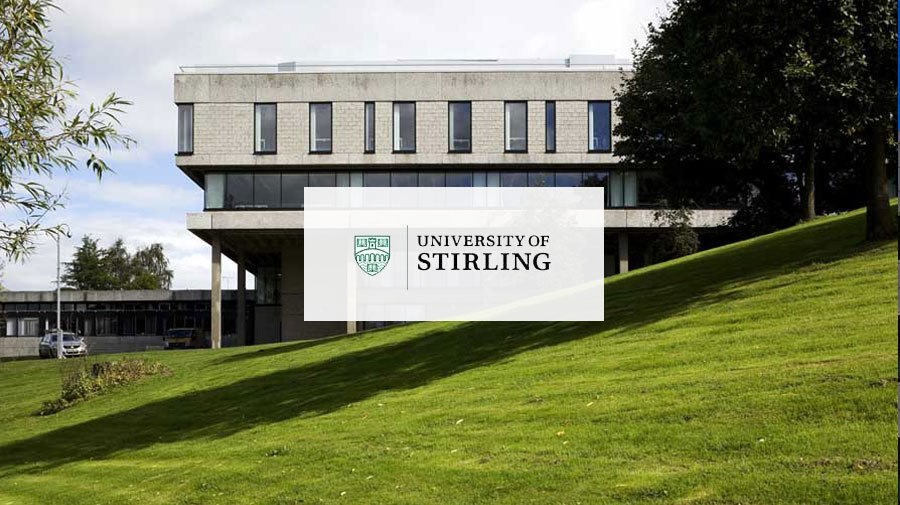MSc International Conflict and Cooperation
Delivered by our experienced practitioners and leading scholars, our Masters degree in International Conflict and Cooperation prepares you to address a variety of challenges facing states and international organisations today. This course looks at the dynamics of international conflict and cooperation in light of major events such as the end of the Cold War, the 9/11 terror attacks, the Arab Spring and the COVID-19 crisis.
We take a thematic approach to conflict resolution and the role of international organisations in order to focus on conflict prevention and management in specific geographical areas. The course also explores the development and regulation of conflict in relation to factors like natural resources and migration.
Contemporary dilemmas surrounding the politics of climate change negotiations, civil war, human rights, international terrorism and humanitarian intervention provide some of the raw material for this MSc, which are studied in-depth over the course of the academic year.
Intakes
- Sep
- Feb
Application Processing Time in Days: 7
Minimum English Language Requirements
| English Level Description | IELTS (1.0 -9.0) | TOEFL IBT (0-120) | TOEFL CBT (0-300) | PTE (10-90) | |
|---|---|---|---|---|---|
| Expert | 9 | 120 | 297-300 | 86-90 | |
| Very Good | 8.5 | 115-119 | 280-293 | 83-86 | |
| Very Good | 8 | 110-114 | 270-280 | 79-83 | |
| Good | 7.5 | 102-109 | 253-267 | 73-79 | |
| Good | 7 | 94-101 | 240-253 | 65-73 | |
| Competent | 6.5 | 79-93 | 213-233 | 58-65 | |
| Competent | 6 | 60-78 | 170-210 | 50-58 | |
| Modest | 5.5 | 46-59 | 133-210 | 43-50 | |
| Modest | 5 | 35-45 | 107-133 | 36-43 | |
| Limited | 4 | 32-34 | 97-103 | 30-36 | |
| Extremely Limited | < 4 | < 31 | < 93 | < 30 |
Job Opportunity Potential
The MSc International Conflict and Cooperation is a gateway to employment in government agencies, the NGO sector and international organisations – as well as into PhD study, research and academia. The course provides a background in conflict study, the role of international organisations and a thematic and geographical focus on distinct areas and problems, as well as analysis of solutions. The academic skills aspects of the course also provide a background to undertake further research.
Your future career
This course is designed to meet the needs of both current and future practitioners, as well as those intending to further their knowledge on a specific subject by pursuing a research degree after the completion of their MSc thesis. Upon completion of this course, graduates may expect to find employment in organisations such as:
- Governmental (Foreign and Commonwealth Office, Ministry of Defence and respective ministries in other countries)
- Inter-governmental (European Union, NATO, United Nations, North American Free Trade Agreement, World Trade Organisation)
- Non-governmental (Amnesty International, Red Cross, Human Rights Watch)
Since the International Conflict and Cooperation course began in 2007, our students have followed a range of post-MSc careers. Many have used it as a means to pursue further postgraduate study in this field, with a group of graduates going on to pursue PhD study at a range of universities. Other graduates have launched successful careers in the NGO sector, public affairs and political research.
PSW Opportunity
2 years of PSW available after completion of Degree program
Admission Requirement / Eligibility Criteria
India
Academic requirements
We welcome applications from applicants graduating with 50% from Tier 1 College/ University (namely University of Mumbai, University of Calcutta, University of Delhi) or graduating with 55% from a Tier 2 College/University.
Nepal
Academic requirements
The University welcomes applications from students holding a minimum of 70% in 4 year Bachelor's degree.
Sri Lanka
Academic requirements
Minimum of B or 3.0/4 or Lower Second in Bachelor's Special or Professional degree
For More Information Please Connect Our PSA Counselor
- Course Type: Full Time
- Course Level: Masters/PG Degree
- Duration: 01 Year
-
Total Tuition Fee:
15250 GBP
Annual Cost of Living: 9207 GBP
Application Fee: N/A
Similar Programs
- MLitt Gender Studies (Applied) at University of Stirling
- MSc Digital Media and Communication at University of Stirling
- MSc Housing Studies (with internship) at University of Stirling
- MLitt The Gothic Imagination at University of Stirling
- MSc Strategic Public Relations and Communication Management at University of Stirling
- MSc Strategic Communication and Public Relations (Joint Degree PFU Barcelona) at University of Stirling

